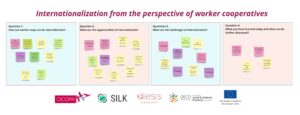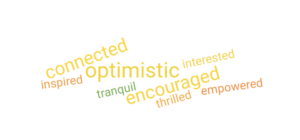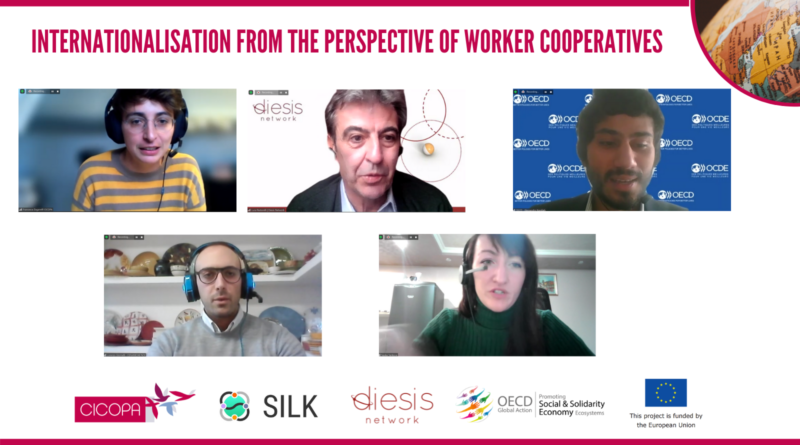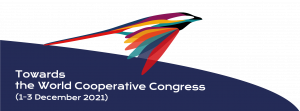CICOPA workshop highlights the diverse aspects of internationalisation of worker cooperatives
12 November 2021
On November 4th, CICOPA organised a webinar on the topic of “Internationalisation from the perspective of worker cooperatives”. The event saw the participation of over 40 participants from all around the world.
The event was organised in the context of the SILK project, a research project focusing on the analysis of the internationalisation of social economy organizations , financed by the OECD and led by DIESIS, and where CICOPA is a partner.
As part of the SILK project, the event investigated how worker cooperatives build their networks and grow their business across borders based on the case studies of two worker cooperatives coming from different sectors and backgrounds:
From the manufacturing sector, is the example of Ceramiche Noi is a worker cooperative in the ceramics industry in Italy that was created as a worker’s buyout (WBO). When the business owners announced that the enterprise will be relocated to Armenia to cut labour costs, the workers decided to buy large parts of the machines and resources and to turn the company into a worker cooperative. During his presentation, Ceramiche Noi’s business manager Lorenzo Giorelli introduced the history and the development of the cooperative, highlighting the importance and struggle to maintain international clients throughout the process of the WBO. Shortly after its creations, the cooperative was also affected by the COVID pandemic. Despite the challenges, the workers of Ceramiche Noi, succeeded in maintaining the company internationally competitive, ensuring their jobs locally, and adding value to their business thanks to their tenacity and passion.
From the services sector, Naska Yankova, the representative of Camplight a Bulgarian worker cooperative that provides various digital services to its clients, shared opportunities and challenges of being part of the International Digital Cooperative Community. The latter is an international network that was conceived and developed as a cross-national structure aimed at creating space for exchanging knowledge, projects, and ideas between worker tech cooperatives from all over the world. Its creation is mainly inspired to develop human collaboration through technology and software, mutual relationships, skill sets, connect potentials, and help each other build teams and support internal products. In the past months, they moved from a community of 80 individuals from different coops to 140 from 16 countries from almost every continent in the world. For Naska, the main struggle was not to get people together but to define how people could work together. Getting to know each other was a good starting point. Once they understood each other strengths that became an advantage also towards the relationship with clients. The strength of one team becomes the strength of the other and a benefit of all.
From both cases and the discussion that followed, it emerged that there are different challenges and opportunities that worker cooperatives face in doing internationalisation that spans from a lack of common language, time difference, physical vicinity, finance to the possibility of building an international clientele and supporting network. The approaches and needs are different from sector to sector, but a common point is that internationalisation is a naturally driven phenomenon for cooperatives. Whereas this is supported by an existing network, or it is the result of the effort of the individual cooperative, cooperatives find additional value in the collaboration with others to increase their impact, learn from each other and provide a high-quality product. Today, digitalisation can facilitate internationalisation for cooperatives, by crossing boundaries, facilitating exchanges, providing a space to connect and exchange information, as well as products and services.
CICOPA thanks all the speakers, the participants, Diesis, and the OECD for their collaboration.


This event was organized in the framework of the ICA initiative “Towards the World Cooperative Congress” in preparation of the 33rd ICA World Cooperative Congress that will be held in Seoul, Korea on December 1-3, 2021.


